Home>diy>Home Improvement>How To Get A Permit For House Renovation


Home Improvement
How To Get A Permit For House Renovation
Modified: January 22, 2024
Learn how to obtain the necessary permit for your home improvement project, ensuring a smooth and legal renovation process. Get expert guidance and tips.
(Many of the links in this article redirect to a specific reviewed product. Your purchase of these products through affiliate links helps to generate commission for Storables.com, at no extra cost. Learn more)
Introduction
Embarking on a home renovation project can be an exciting endeavor. Whether you’re planning to remodel your kitchen, add an extension to your living space, or update your bathroom, transforming your house into your dream home is an accomplishment worth celebrating. However, before you can dive into the creative aspects of your renovation, it’s crucial to navigate the permit process.
Obtaining the necessary permits for your house renovation ensures that you comply with local building codes and regulations. By doing so, you not only safeguard the structural integrity of your home but also ensure the safety of your family and neighbors. While the permit process may seem daunting, arming yourself with knowledge and following the proper steps can make it a smooth and efficient experience.
In this article, we will guide you through the process of obtaining a permit for your house renovation. From understanding local building codes to completing the necessary documents, we’ll cover everything you need to know to ensure your renovation project is in compliance with the law.
So, let’s dive in and demystify the permit process, empowering you to embark on your renovation journey with confidence and peace of mind.
Key Takeaways:
- Navigating the permit process for house renovations ensures compliance with safety regulations and building codes, safeguarding the structural integrity of your home and demonstrating a commitment to quality craftsmanship.
- Hiring a professional contractor with expertise in local building codes and regulations can streamline the permit process, ensuring that your renovation project meets all necessary requirements and is executed with professionalism and compliance.
Read more: How To Get A Building Permit For A House
Understanding the Permit Process
Before delving into the specifics of obtaining a permit for your house renovation, it’s essential to understand the permit process itself. Building permits are issued by local government authorities to ensure that construction projects comply with building codes, safety regulations, and zoning ordinances.
Obtaining a permit is not only a legal requirement but also ensures that your renovation project meets necessary standards and prevents potential hazards. The permit process helps to ensure that your project is structurally sound, safe, and in compliance with local regulations.
Each municipality or city may have slightly different requirements for obtaining permits, so it’s important to research and familiarize yourself with the specific regulations in your area. This will help you navigate the process smoothly and avoid any potential delays or penalties.
When it comes to house renovations, permits are typically required for projects that involve major structural changes, additions, electrical or plumbing work, or changes to the overall footprint of the property. Examples of projects that generally require permits include:
- Adding or removing walls
- Installing new electrical systems or rewiring
- Plumbing updates or additions
- Changing the roofline or adding a new roof
- Building an addition or extension
It’s crucial to consult with your local building department to determine whether your specific renovation project requires a permit. Even if your project seems minor or if you’re unsure, it’s always better to err on the side of caution and consult with the appropriate authorities to ensure compliance.
Next, we’ll discuss how to research local building codes and regulations to ensure your renovation project aligns with the requirements set by your municipality or city.
Researching Local Building Codes and Regulations
Understanding local building codes and regulations is a crucial step in obtaining a permit for your house renovation. Each municipality or city has its own set of rules and guidelines that dictate construction standards and requirements. Researching and familiarizing yourself with these codes will ensure that your renovation project meets the necessary standards.
The first step in researching building codes is to reach out to your local building department or city planning office. They will be able to provide you with the specific codes and regulations that apply to your area. It’s important to ask about any permits or inspections that may be required for your planned renovation project.
Additionally, many municipalities provide building codes and regulations online. You can access these resources through your local government website or by visiting the International Code Council (ICC) website, which provides a comprehensive set of construction codes that are widely adopted across the United States.
When researching building codes, pay attention to specific requirements for electrical, plumbing, and structural changes relevant to your project. Understand the guidelines for minimum ceiling height, stair dimensions, door and window placements, as well as safety regulations for fire resistant materials and smoke detectors.
Moreover, zoning regulations play a crucial role in the permit process. Ensure that your renovation plans are in compliance with zoning restrictions, such as setbacks from property lines or maximum allowable building height. Violating zoning regulations can result in fines or even having to undo completed work.
Keep in mind that building codes and regulations are designed to prioritize safety and ensure the long-term well-being of your home. By understanding and following these codes, you can create a renovation that is not only aesthetically pleasing but also structurally sound and safe for you and your family.
In our next section, we’ll explore the importance of hiring a professional contractor to assist you with your renovation project and the permit process.
Hiring a Professional Contractor
When it comes to house renovations and obtaining permits, hiring a professional contractor can greatly facilitate the process. A skilled and experienced contractor will have in-depth knowledge of local building codes and regulations, ensuring that your project meets all necessary requirements.
Here are some reasons why hiring a professional contractor is advantageous:
Expertise and Knowledge: Professional contractors have the expertise and knowledge to navigate the permit process efficiently. They understand the intricacies of local building codes and regulations and can ensure that your renovation project complies with all requirements.
Proper Documentation: Contractors are well-versed in preparing the required documentation for permit applications. They know which documents are necessary, such as architectural drawings, engineering reports, or product specifications, and can organize and submit them correctly.
Relationships with Authorities: Established contractors often have established relationships with local building departments and inspectors. This can help streamline the permit process and ensure that inspections are scheduled promptly.
Quality Workmanship: Hiring a professional contractor ensures that the renovation work is done to high standards. Their expertise and experience will result in a well-executed project that adheres to both legal requirements and your expectations.
When selecting a contractor, it’s important to do thorough research and consider the following:
- Experience: Look for a contractor with experience in the type of renovation project you’re undertaking. They should have a portfolio of past projects to showcase their capabilities.
- Licenses and Insurance: Ensure that the contractor is licensed and insured to work in your area. This protects you from liability and ensures that the contractor meets professional standards.
- References and Reviews: Ask for references from past clients and read reviews online. This will give you insights into the contractor’s reputation and the quality of their work.
- Contract and Pricing: Have a detailed contract that outlines the scope of work, timeline, and payment terms. Obtain multiple quotes to ensure the pricing is fair and competitive.
By hiring a professional contractor, you can navigate the permit process more smoothly and ensure that your renovation project is executed with professionalism and compliance.
In the next section, we’ll discuss the necessary documents you’ll need to prepare for your permit application.
Preparing the Required Documents
Before applying for a permit, it’s important to gather and prepare the necessary documents. The specific documents required may vary depending on the nature and scope of your renovation project, as well as the local building codes and regulations in your area. Here are some common documents you may need to prepare:
- Architectural Drawings: Detailed architectural drawings are essential for obtaining a permit. These drawings should include floor plans, elevations, and sections that clearly depict the proposed changes to your house. Ensure that the drawings are accurate, to scale, and include all dimensions and labels.
- Engineering Reports: Depending on the nature of your project, you may need to provide engineering reports. These reports assess the structural integrity and load-bearing capacity of your house, particularly if you’re making significant structural changes or adding extensions.
- Product Specifications: If you’re using specific products or materials for your renovation, such as windows, doors, or plumbing fixtures, include their specifications and manufacturer information. This helps ensure that the chosen products comply with building codes and regulations.
- Contractor Information: Provide documentation related to your contractor, including their licenses and insurance information. This ensures that you’re working with a qualified professional who meets the necessary requirements.
- Property Deed or Title: To prove ownership of the property, you’ll need to provide a copy of your property deed or title. This document may be required to verify that you have the authority to make changes to the house.
- Insurance Certificates: Some municipalities may require proof of liability insurance for the contractor or a homeowner’s insurance policy that covers the renovation project. Check with your local building department to determine if this documentation is necessary.
It’s crucial to ensure that all documents are accurate, complete, and comply with the requirements set by your local building department. Missing or incorrect information can result in delays or even rejection of your permit application.
Remember to make copies of all the prepared documents for your records. These copies will serve as a reference during the renovation process and can be helpful for future inspections or any potential legal matters.
In the next section, we’ll guide you through the process of applying for the permit once you have all the necessary documents prepared.
Applying for the Permit
Once you have gathered and prepared all the required documents for your house renovation, it’s time to submit your permit application. The process of applying for a permit may vary slightly depending on your location, but the following steps will help guide you through the general process:
- Complete the Application: Obtain the permit application form from your local building department or download it from their website. Fill out the application thoroughly and accurately, providing all the necessary information, including project details, contact information, and any additional documents or fees required.
- Submit the Application: Submit the completed application along with the required documents to the appropriate department. This can be done either in-person or online, depending on the options available in your area. Ensure that you have included all the necessary documents and fees as specified by your building department.
- Review and Approval Process: The building department will review your application and documents to ensure that they comply with the local building codes and regulations. This process may take some time, depending on the complexity of your project and the workload of the department. Be patient and check in with the department if there are any delays or if you have any questions or concerns.
- Follow-Up or Modifications: In some cases, the building department may provide feedback or request modifications to your plans or documents. If any changes are required, make the necessary adjustments and resubmit the revised documents promptly. Open communication with the building department is crucial during this phase to address any concerns or clarify any requirements.
- Permit Issuance: Once your application has been reviewed and approved, you will be issued the permit. This typically includes a physical document or an electronic permit that must be prominently displayed at the construction site. It’s important to adhere to any conditions or guidelines outlined in the permit, such as scheduled inspections or specific construction timelines.
Remember that the permit application process requires attention to detail and compliance with local regulations. Following the proper steps and providing all the required information will help ensure a smooth and successful permit application.
In the next section, we’ll discuss the importance of paying the necessary permit fees.
Contact your local building department to find out what permits are required for your specific renovation project. They can provide you with the necessary forms and information on the application process.
Paying the Permit Fees
When obtaining a permit for your house renovation, it’s important to factor in the cost of permit fees. These fees vary depending on the scope of your project and are typically meant to cover the administrative costs of reviewing and processing your permit application.
Here are some key points to consider regarding permit fees:
- Determining the Cost: The cost of permit fees can vary widely depending on the location, the type of renovation project, and the overall value of the project. Contact your local building department to inquire about the specific fees associated with your project.
- Calculating the Fees: Permit fees are often calculated based on the value or square footage of the work being done. Some municipalities may have a flat fee for certain types of projects. It’s important to provide accurate and detailed information about your renovation project to ensure the fees are calculated correctly.
- Paying the Fees: Once your permit application has been reviewed and approved, you will be notified of the total permit fees due. The accepted methods of payment may vary, so check with your local building department for the available options. Payments are typically made in person or through an online portal.
- Keep Records: It’s important to keep a record of your permit fee payment for future reference. This can be useful for tax purposes or in case any issues arise during the construction process and proof of payment is required.
While permit fees may add to the overall cost of your renovation project, they are an important investment in ensuring that your project meets safety and compliance standards. It’s essential to budget for these fees and include them in your overall project cost estimation.
Remember, failing to pay the required permit fees can lead to consequences such as fines, halting of construction, or even legal action. It’s crucial to fulfill this obligation to proceed with your renovation project smoothly and in accordance with the law.
In the next section, we’ll explore the importance of scheduling inspections during the renovation process.
Scheduling Inspections
As you proceed with your house renovation, scheduling inspections is a critical step to ensure that your project meets the necessary standards and complies with local building codes. Inspections are typically carried out at various stages of the construction process to verify that the work is being completed safely and in accordance with the approved plans and permits.
Here are some key points to consider about scheduling inspections:
- Understanding the Inspection Process: Each renovation project may require different types of inspections, depending on the nature of the work being done. Typical inspections include foundation, framing, electrical, plumbing, and final inspections. This ensures that important aspects of the renovation, such as structural integrity, electrical safety, and plumbing compliance, are thoroughly checked.
- Contact the Building Department: It’s important to contact your local building department or permit office to schedule inspections. Keep in mind that inspections need to be requested in advance, typically with a specified notice period. Be prepared to provide the necessary information, including the permit number, specific inspection you are requesting, and the desired date or timeframe for the inspection.
- Coordinating with the Contractor: Work closely with your contractor to coordinate the inspections and ensure that the necessary areas are accessible for inspection. The contractor should be present during inspections to address any concerns or answer any questions that the inspector may have.
- Preparing for Inspections: Before an inspection, ensure that the work area is clean and free of any potential hazards. Have all required documentation, such as approved plans and permits, on hand for the inspector’s review. Make sure that any completed work aligns with the approved plans and meets the requirements set by the building codes.
- Addressing Inspection Feedback: If the inspector identifies any deficiencies or concerns during the inspection, it’s crucial to address them promptly. Work with your contractor to rectify any issues and comply with the necessary corrections or modifications as required by the inspector. Once the necessary adjustments have been made, you can request a re-inspection to ensure compliance.
Scheduling and completing inspections are essential steps in the renovation process to ensure that your project is up to code and safe for occupancy. Failing to schedule or pass inspections can lead to costly delays, non-compliance penalties, or even having to redo certain aspects of the renovation.
In the final section, we’ll discuss completing the renovation work within the permit guidelines to ensure a successful project.
Completing Renovation Work within Permit Guidelines
As you proceed with your house renovation, it’s crucial to complete the work within the guidelines set by your permit. Adhering to these guidelines ensures that your project remains in compliance with local building codes and regulations, maintaining the safety and integrity of your home.
Here are some important considerations to keep in mind when completing the renovation work within permit guidelines:
- Follow Approved Plans: It’s essential to stick to the approved plans and permits throughout the construction process. Any deviations or modifications should be discussed with the building department and documented through proper channels, ensuring that they comply with the regulations and are approved before implementation.
- Use Approved Materials and Methods: When completing the work, ensure that you use materials and methods approved by the building department. This includes following specific guidelines for structural work, electrical installations, plumbing systems, and any other components of your renovation project. Using non-compliant materials or cutting corners can lead to safety risks and potential violations.
- Engage Licensed Professionals: For specialized tasks such as electrical or plumbing work, it’s advisable to engage licensed professionals who have the expertise to complete the work safely and in compliance with regulations. This helps ensure that the necessary inspections and permits for these trades are obtained.
- Maintain Communication: Stay in touch with the building department throughout the renovation process. Inform them about any significant progress or changes in the project, and schedule any required inspections or re-inspections as needed. This open communication will help ensure that your project remains on track and compliant with the permit guidelines.
- Keep Documentation: Maintain a record of all documents related to the renovation, including permits, inspection reports, and any modifications or changes approved by the building department. These records serve as evidence of compliance and can be useful for future reference, such as during property transfers or insurance claims.
Completing the renovation work within permit guidelines is essential to ensure the overall quality and safety of your project. It not only avoids potential legal implications and fines but also provides you with peace of mind, knowing that your home has been renovated in accordance with regulations.
In the final section, we’ll discuss the process of finalizing the permit, marking the completion of your house renovation.
Read more: How To Get A City Permit For Construction
Finalizing the Permit Process
As you near the completion of your house renovation, it’s important to finalize the permit process to ensure that all necessary requirements have been met and documented. By completing this step, you can have the peace of mind knowing that your renovation project is officially in compliance with local building codes and regulations.
Here are the key steps to finalize the permit process:
- Schedule Final Inspections: Contact the building department to schedule a final inspection once your renovation work is complete. This inspection ensures that all aspects of the project align with the approved plans and meet the necessary standards. Be prepared to address any last-minute concerns or modifications that the inspector may have before granting final approval.
- Rectify Inspection Feedback: If the final inspection reveals any deficiencies or non-compliance issues, work with your contractor to rectify them promptly. This may involve making necessary adjustments, corrections, or repairs to bring the project into compliance. Schedule a re-inspection to ensure that the necessary corrections have been made and that the project now meets the required standards.
- Obtain Final Approval: Once your renovation work passes the final inspection and any necessary adjustments have been made, you will receive final approval from the building department. This indicates that your project is in compliance with the relevant building codes and regulations, and you have successfully completed the permit process.
- Document the Approval: Keep a copy of the final approval documentation for your records. This serves as proof that your renovation project has met all necessary requirements and can be useful for any future inquiries or reference purposes.
- Store Permits and Documentation: Organize and store all permits, inspection reports, and renovation-related documents in a safe and easily accessible place. These records are important for future reference, should any questions arise or if you plan to sell your property in the future.
Finalizing the permit process is a crucial step in your house renovation journey. It confirms that your project has been completed in compliance with local regulations and ensures the safety, integrity, and value of your home.
Congratulations on successfully navigating the permit process and completing your house renovation. Enjoy your newly transformed space and the satisfaction of a job well done!
If you have any further questions or require assistance in the future, feel free to reach out to your local building department or consult with a professional contractor. They can provide guidance and support to ensure that you continue to prioritize compliance and quality in your home improvement endeavors.
Conclusion
Embarking on a house renovation project is an exciting endeavor that allows you to transform your living space into a dream home. However, it’s essential to navigate the permit process to ensure that your project complies with local building codes and regulations. By obtaining the necessary permits, you not only ensure the safety and structural integrity of your home but also demonstrate your commitment to quality craftsmanship.
Throughout this article, we have covered the key steps involved in obtaining a permit for your house renovation, including understanding the permit process, researching local building codes and regulations, hiring a professional contractor, preparing the required documents, applying for the permit, paying the necessary fees, scheduling inspections, completing the renovation work within permit guidelines, and finalizing the permit process. Each step plays a vital role in ensuring a successful and compliant renovation.
By familiarizing yourself with building codes, engaging licensed professionals, following approved plans, communicating with the building department, and adhering to permit guidelines, you can confidently navigate the permit process and create a safe and beautiful living space.
Remember, obtaining a permit for your house renovation is not just a legal requirement but also an investment in your home’s future. It demonstrates your commitment to safety, quality, and compliance with local regulations. It ensures that your renovation project is performed by reputable professionals, and it gives you peace of mind that your home is constructed or modified to meet the highest standards.
So, as you embark on your next house renovation project, take the time to research the permit process, consult with professionals, and follow the necessary steps to obtain the proper permits. By doing so, you’ll not only ensure a smooth and hassle-free renovation but also create a space that is beautiful, functional, and built to last.
Good luck with your renovation journey, and enjoy the exciting transformation of your home!
Frequently Asked Questions about How To Get A Permit For House Renovation
Was this page helpful?
At Storables.com, we guarantee accurate and reliable information. Our content, validated by Expert Board Contributors, is crafted following stringent Editorial Policies. We're committed to providing you with well-researched, expert-backed insights for all your informational needs.

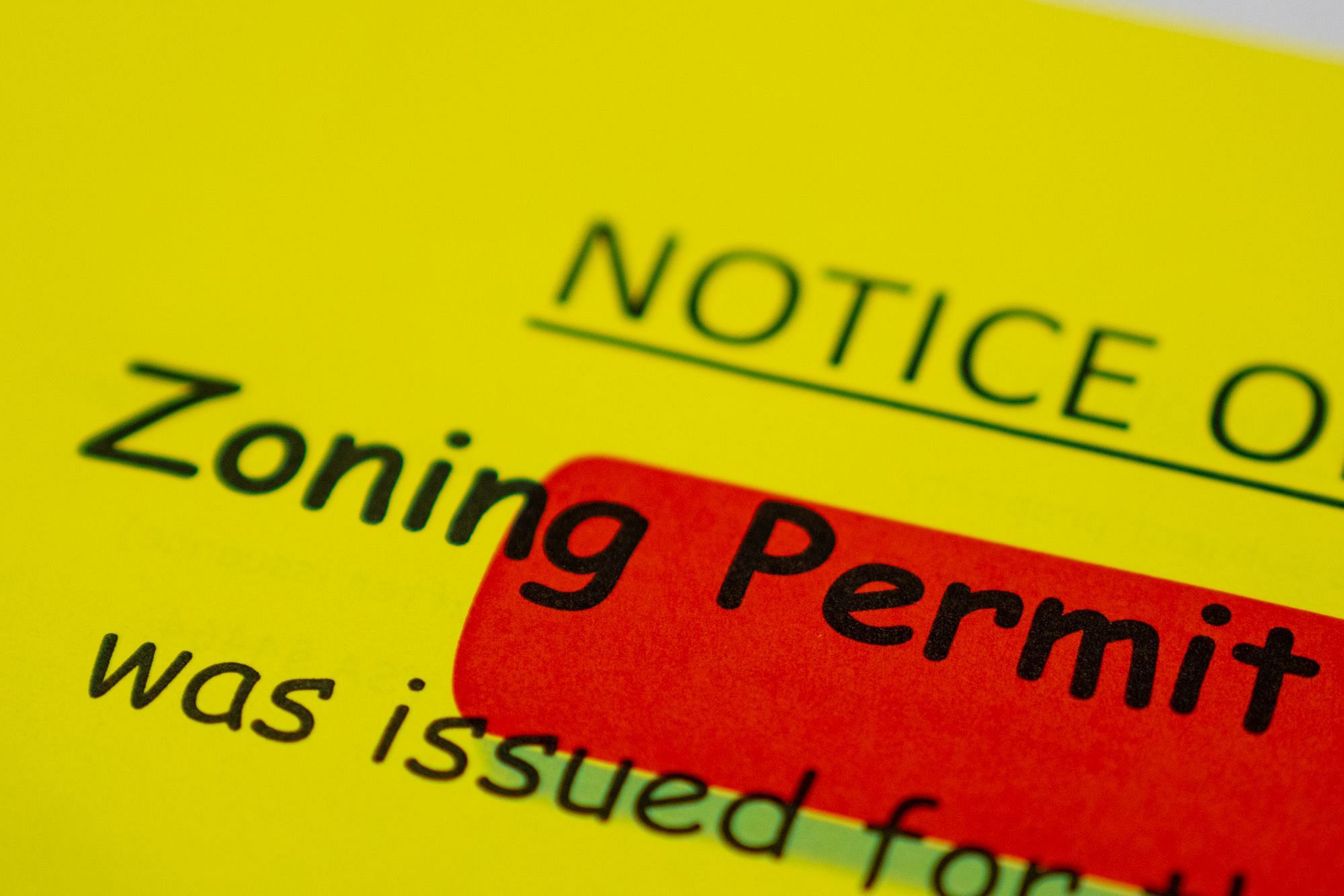

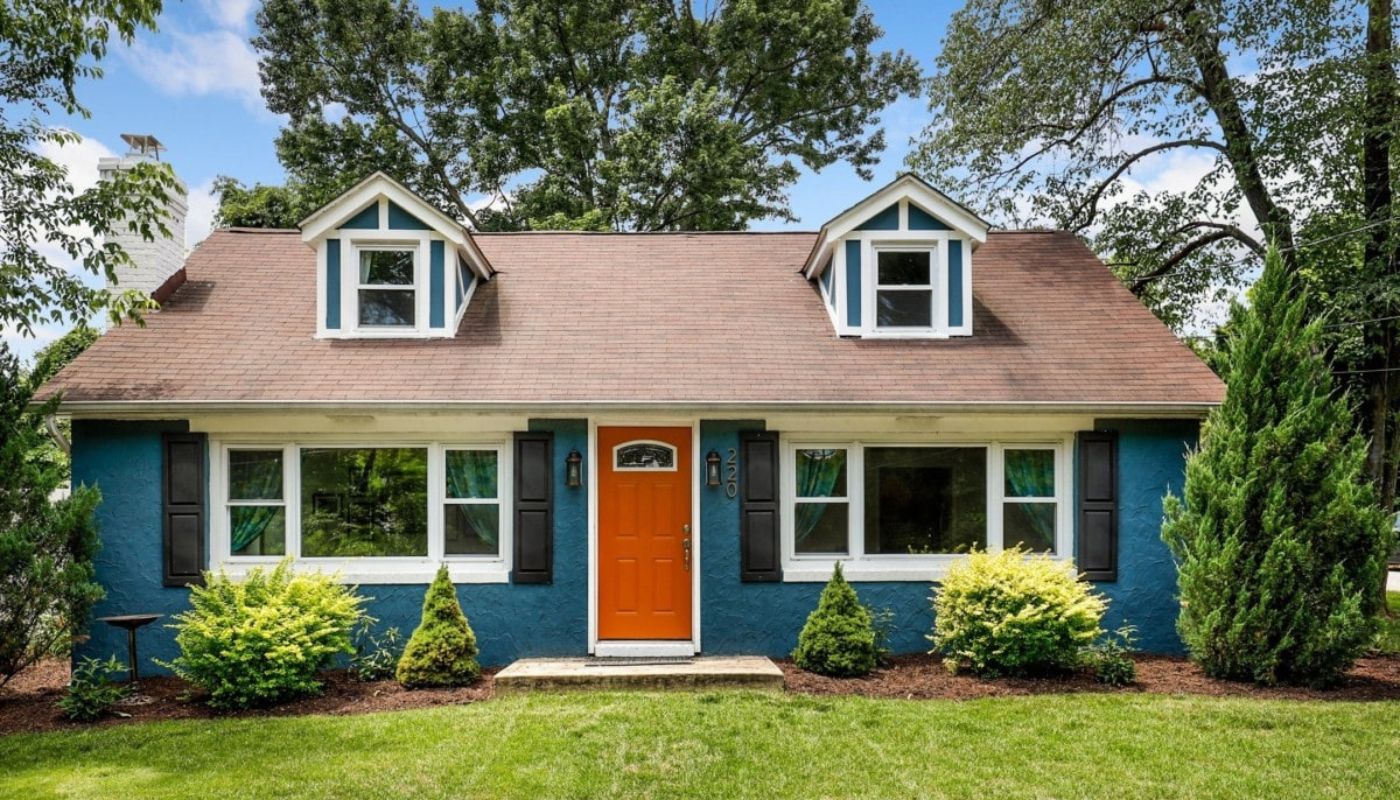
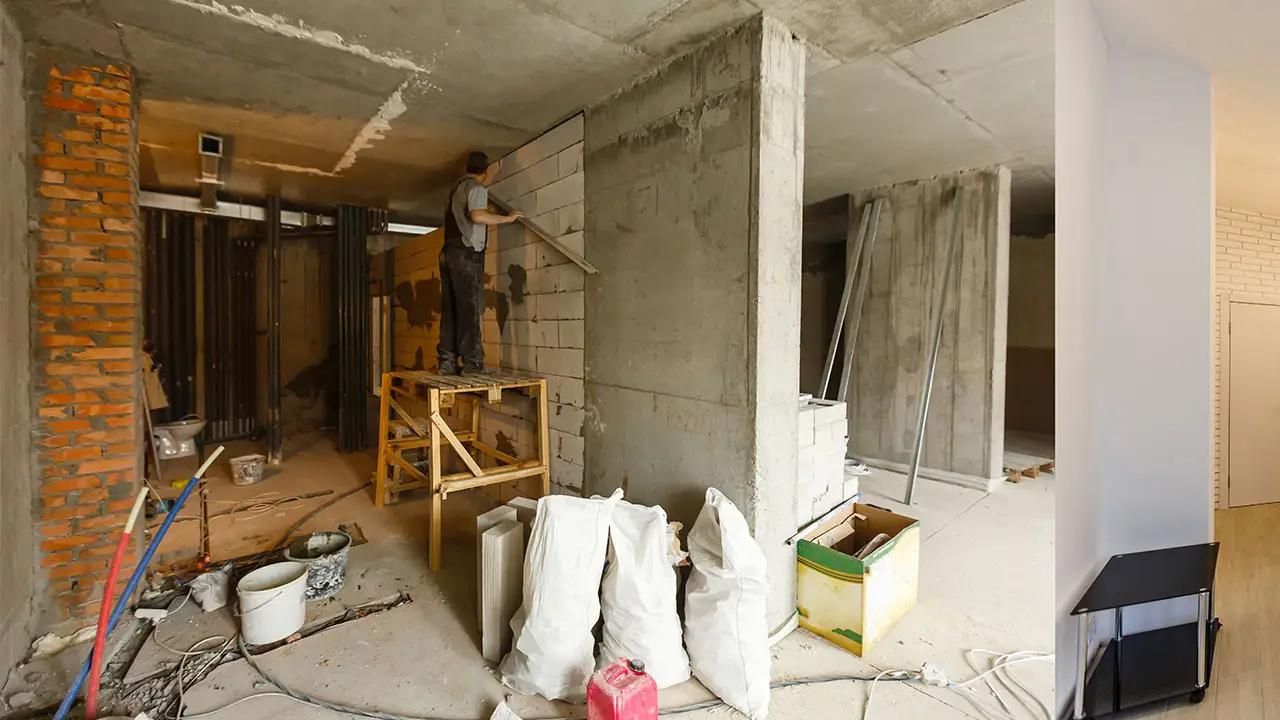
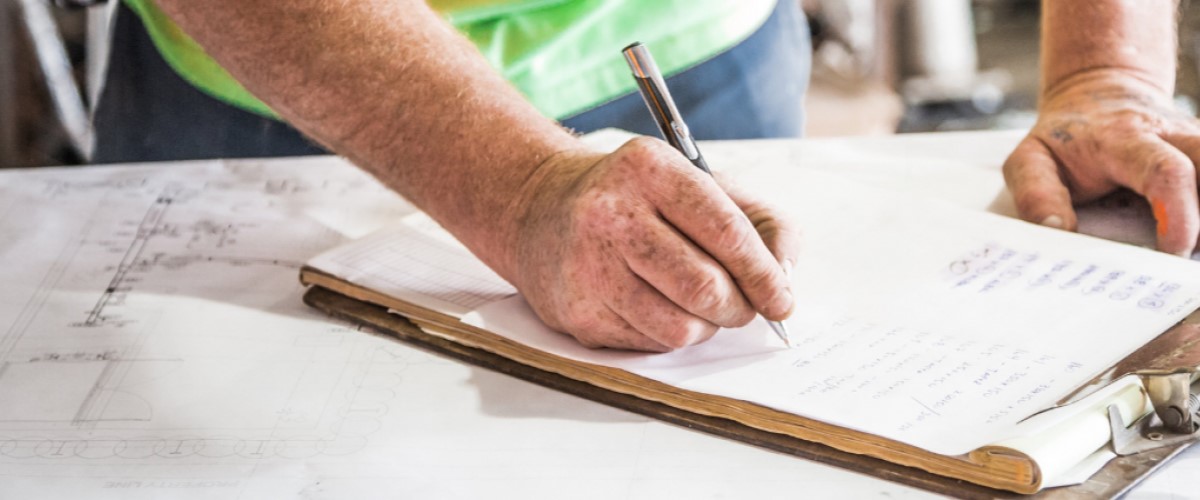




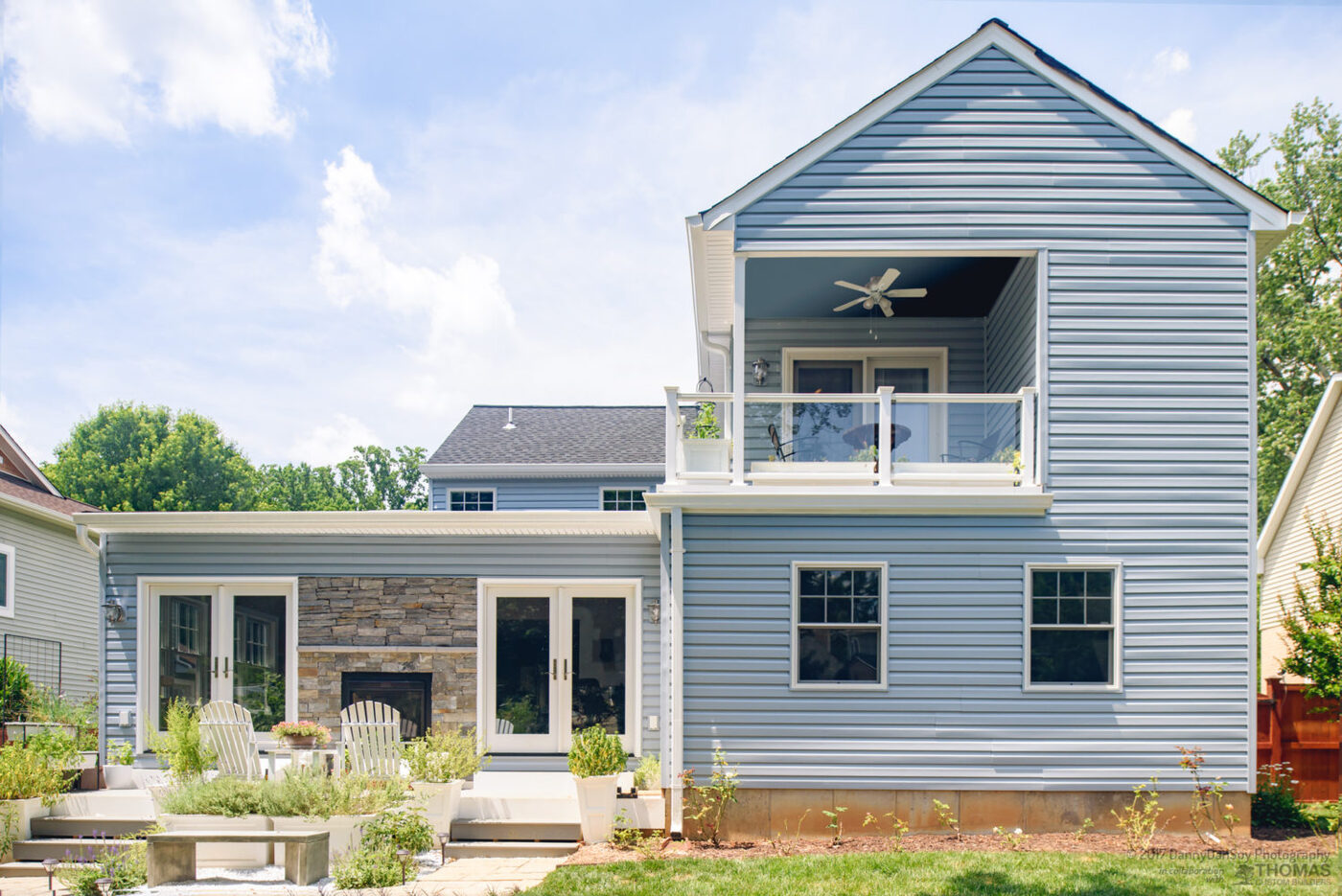
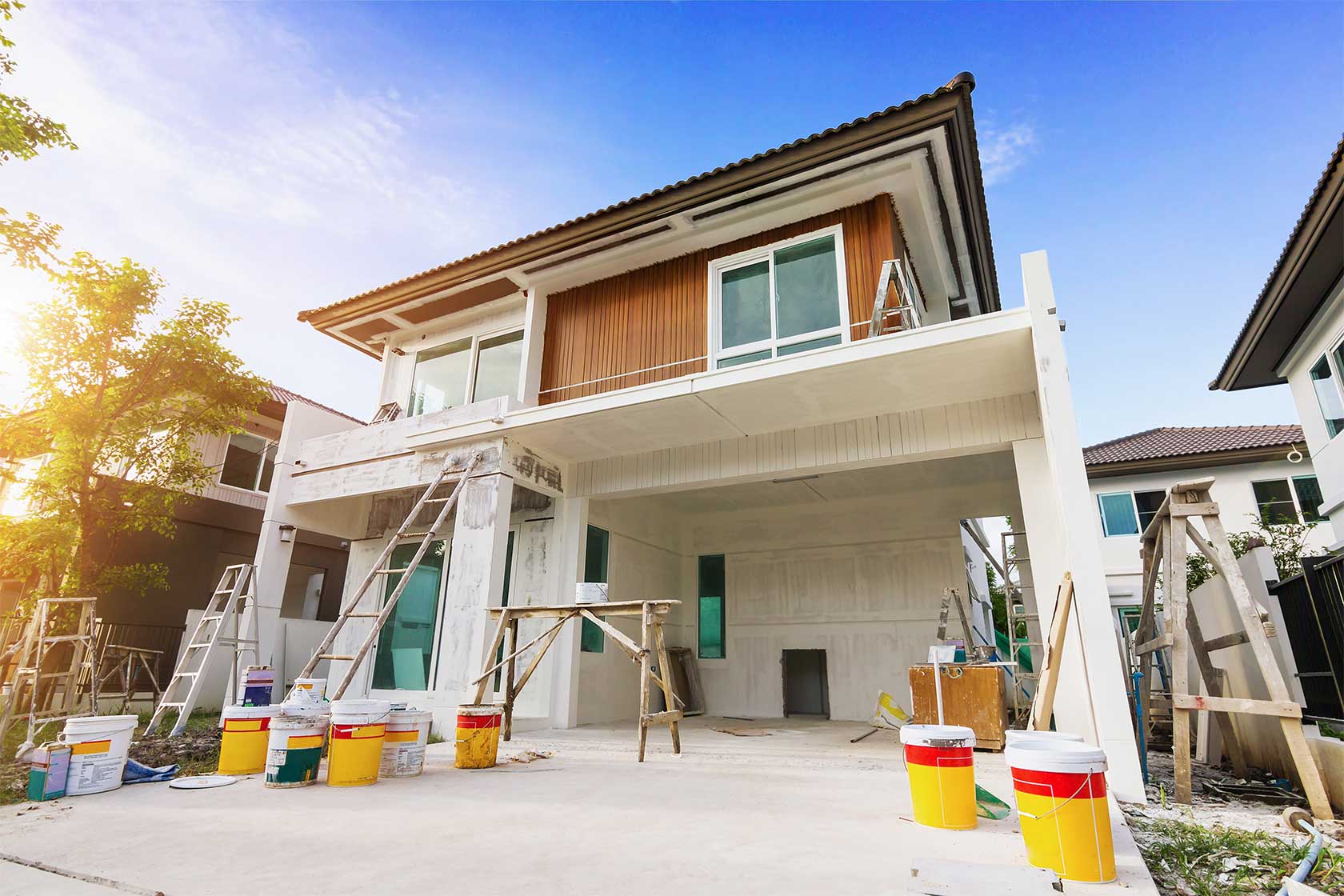


0 thoughts on “How To Get A Permit For House Renovation”